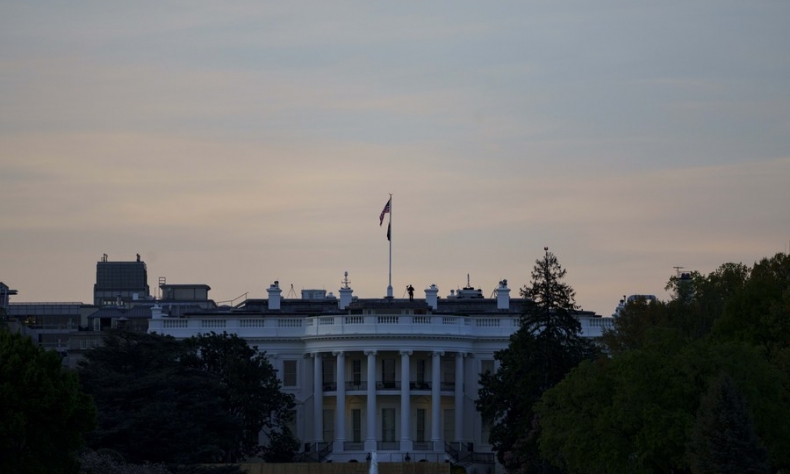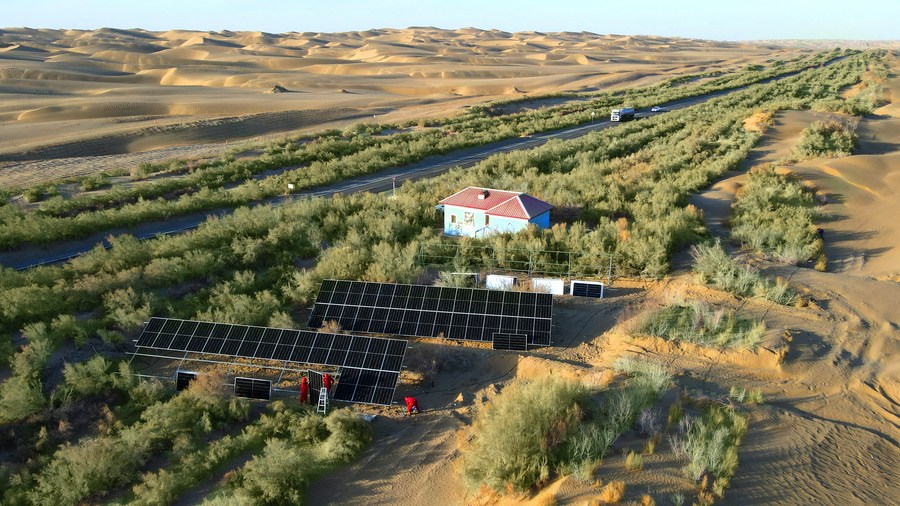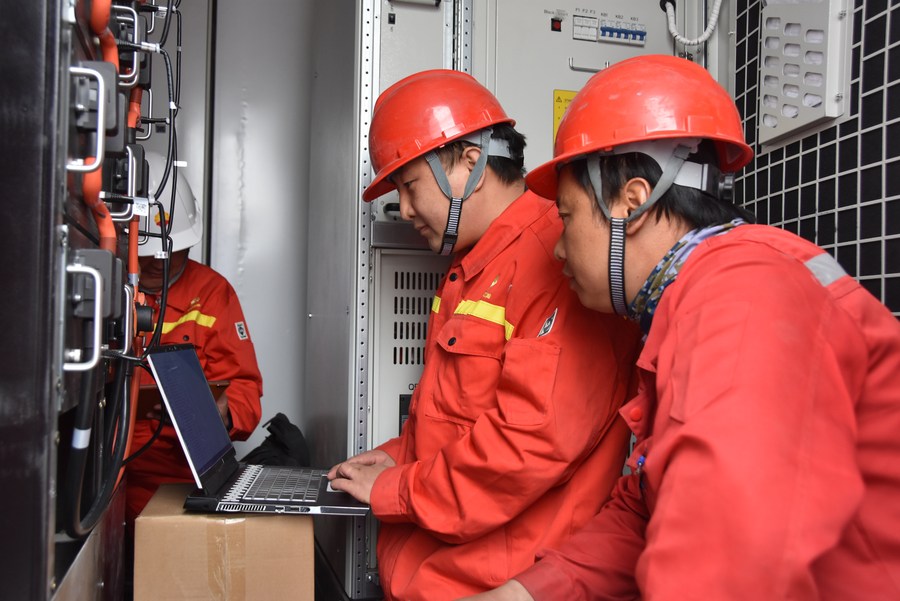‘Seizing Power’

The time has now come for the U.S. to put its money where its mouth is and lift the embargo on PV products from Xinjiang. Seizing these products from China will only cease powerful sustainable growth in the U.S.
From June 21 to October 25, U.S. Customs and Border Protection (CBP) seized 1,053 batches of photovoltaic (PV) power products produced in China’s Xinjiang Uygur Autonomous Region. As a result, said products, worth hundreds of millions of U.S. dollars, are piling up in several U.S. ports.
This practice has seriously violated market and international trading rules, complicating regular PV product trade between the two countries. The PV industry is a strategic emerging business with a big stake in global sustainable development. Promoting the development of renewable energy and energy transformation based on this industry has already become a consensus around the world, including in the U.S. and China. China is a major supplier of PV products, with half of the world’s PV product exports coming from Xinjiang.
American companies choose these products for a reason. If they turn to other countries to obtain the goods, something several U.S. politicians have suggested, these companies will see soaring costs that will eat into their corporate interests.

The ensuing negative impacts of the seizure will also weaken the Joe Biden administration’s undertaking to cope with climate change—which it considers a signature project. For example, solar and other forms of renewable energy have an important role in reducing greenhouse gas emissions and mitigating climate change. The Biden administration announced in September 2021 that by 2050, 45 percent of the country’s power generation will come from solar power. In 2021, it only counted for 3 percent. To hit the 2050 goal, the country needs to install a huge amount of PV equipment every year. However, the recent seizure of related PV products will temporarily trip up installation.
The CBP cited the so-called “Uygur Forced Labor Prevention Act” (UFLPA) for the confiscation. Signed into law in December 2021, the UFLPA—born out of political motivation and violating all market rules—denies any “goods, wares, articles, and merchandise mined, produced, or manufactured wholly or in part in Xinjiang” entry to the U.S., unless clear and convincing evidence shows these items were not made with “forced labor.”
According to the Forced Labor Convention of 1930, approved by the International Labor Organization, the term forced labor “shall mean all work or service which is exacted from any person under the menace of any penalty and for which the said person has not offered himself voluntarily.”
This is not the case in Xinjiang’s PV factories. Workers of all ethnic groups go to these factories voluntarily, their legitimate rights fully protected by the country’s labor laws. These factories, supported by high-level automation and digitization, are mostly digitally operated, making any “forced labor” redundant.

Fact is, many Xinjiang residents find it difficult to secure employment in the PV industry because they lack the relevant knowledge. A job in these factories is highly sought-after because it generates much higher income, and is obviously far less physically demanding than farm work. Many employees from the remote areas in Xinjiang can afford to buy cars and apartments in nearby cities, after several years of working in these factories. Locals consider working in the PV industry a matter of “favored labor,” not “forced labor.”
Why then resort to the UFLPA? In sum, to contain China’s rise. In terms of the production of silicon-based materials, Xinjiang plays a dominant role in China, and the world at large even. This makes the region a thorn in the Western political side. By spinning tales of Xinjiang PV companies employing “forced labor,” the U.S. intends to disrupt production and even move production out of Xinjiang. Nevertheless, an industrial transfer triggered by political motivations will eventually wreak havoc on the global industrial, supply and value chains.
Seizure of PV products from Xinjiang will not cause substantive damage to the industry in the region itself, but will undermine China-U.S. economic and trade ties. When meeting with Chinese President Xi Jinping in the lead-up to the 17th Group of 20 Summit in Bali, Indonesia, on November 14, President Biden said the U.S. side has no intention to seek decoupling from China, halt China’s economic development, or contain China.
The time has now come for the U.S. to put its money where its mouth is and lift the embargo on PV products from Xinjiang. Seizing these products from China will only cease powerful sustainable growth in the U.S.
 Facebook
Facebook
 Twitter
Twitter
 Linkedin
Linkedin
 Google +
Google +










